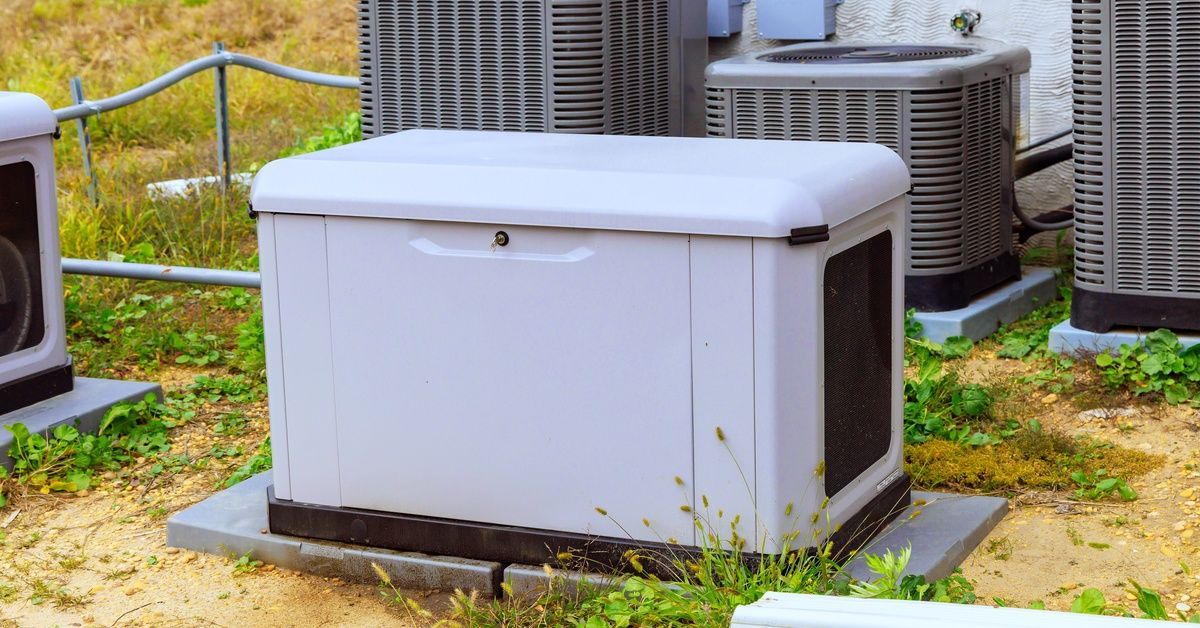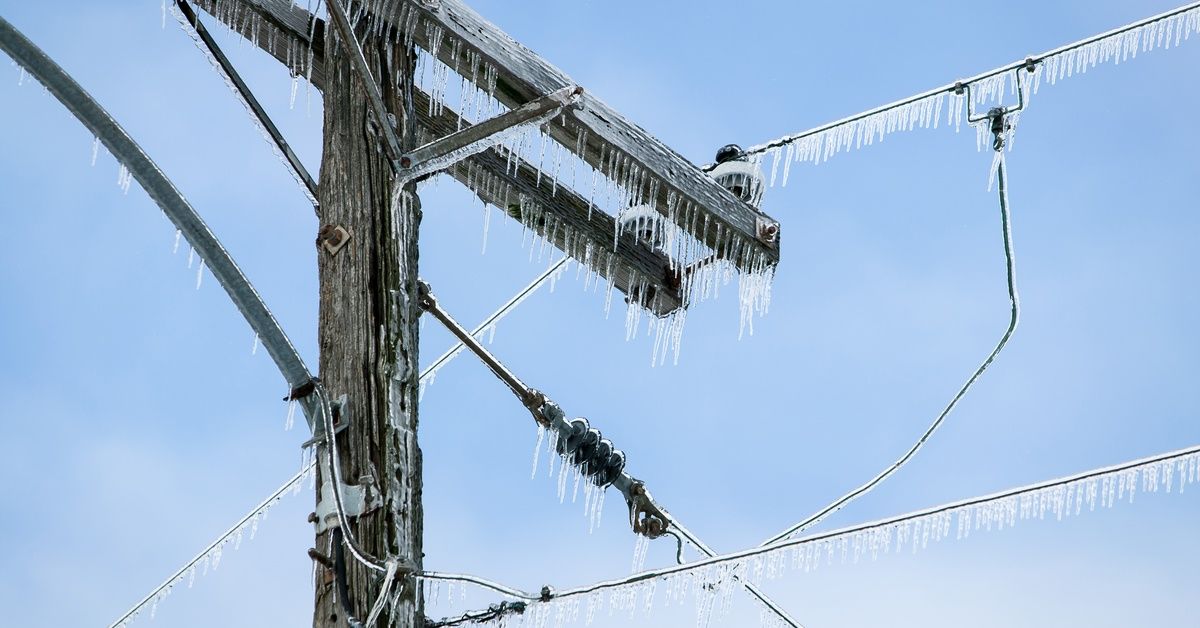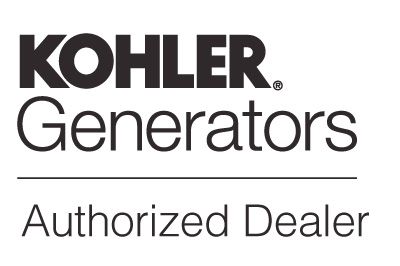Natural Gas vs. Diesel Generators: What Are the Differences?
When determining the right generator for your property, one of the most important decisions you’ll make is the type of fuel you use. Two common options are natural gas and diesel generators, but what are the differences between the two? How do you choose the right one for your generator system? Learn the advantages and disadvantages of both types of generators with this rundown.
Fuel Efficiency
Efficiency affects costs, which means it’s going to be a major factor in any decision you make about your generator. As a general rule, diesel generators are significantly more efficient and use less fuel than natural gas generators. This means they cost less to run and can power your property for a longer span of time without refueling.
Upfront vs. Ongoing Costs
Diesel generators tend to be bulkier and include heavier components. This, combined with their longer lifespan, means they cost more on average than natural gas systems. However, it’s important to consider both upfront costs and ongoing costs. Natural gas generators have lower initial costs, but the greater efficiency and longer lifespan of diesel generators makes them a more cost-effective investment over time.
Power Supply and Dependability
In addition to thinking about which fuel source you want, you also need to consider how you’re going to get that fuel source. This is one of the major differences between natural gas and diesel generators. With a natural gas generator, you can hook your system up to your city’s power grid to receive natural gas directly through a pipeline. This makes powering your generator extremely convenient, but it can also make your generator redundant if there’s a problem with the pipeline and you don’t have any stored fuel.
Diesel, on the other hand, is readily available as long as you store it properly, and it can power your generator for a long time. That’s why diesel generators are the preferred choice for properties like hospitals or large ships that need a steady power supply that doesn’t rely on city grids.
Emissions and Safety
Natural gas burns cleaner than diesel. In fact, compared to most non-renewable fuels, it is cleaner and more efficient. However, it is still a non-renewable resource, and it contributes to carbon dioxide emissions when it burns.
Diesel is also considered a major pollutant. However, diesel generators have become cleaner and quieter with newer models. Moreover, the lack of spark plugs and wires greatly reduces the risk of fires, making diesel generators a safe power option that requires less maintenance than natural gas systems.
Finding the right generator system is an important part of feeling safe in your home. Let the professionals at NW Generator Pros help you choose the perfect option for your property. Learn more about our generator installation services in Portland, OR, and get a free estimate when you visit us today.






